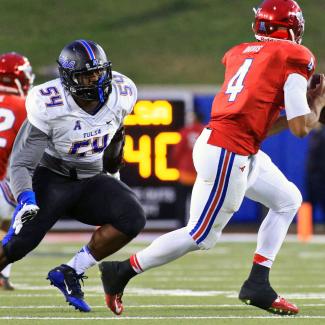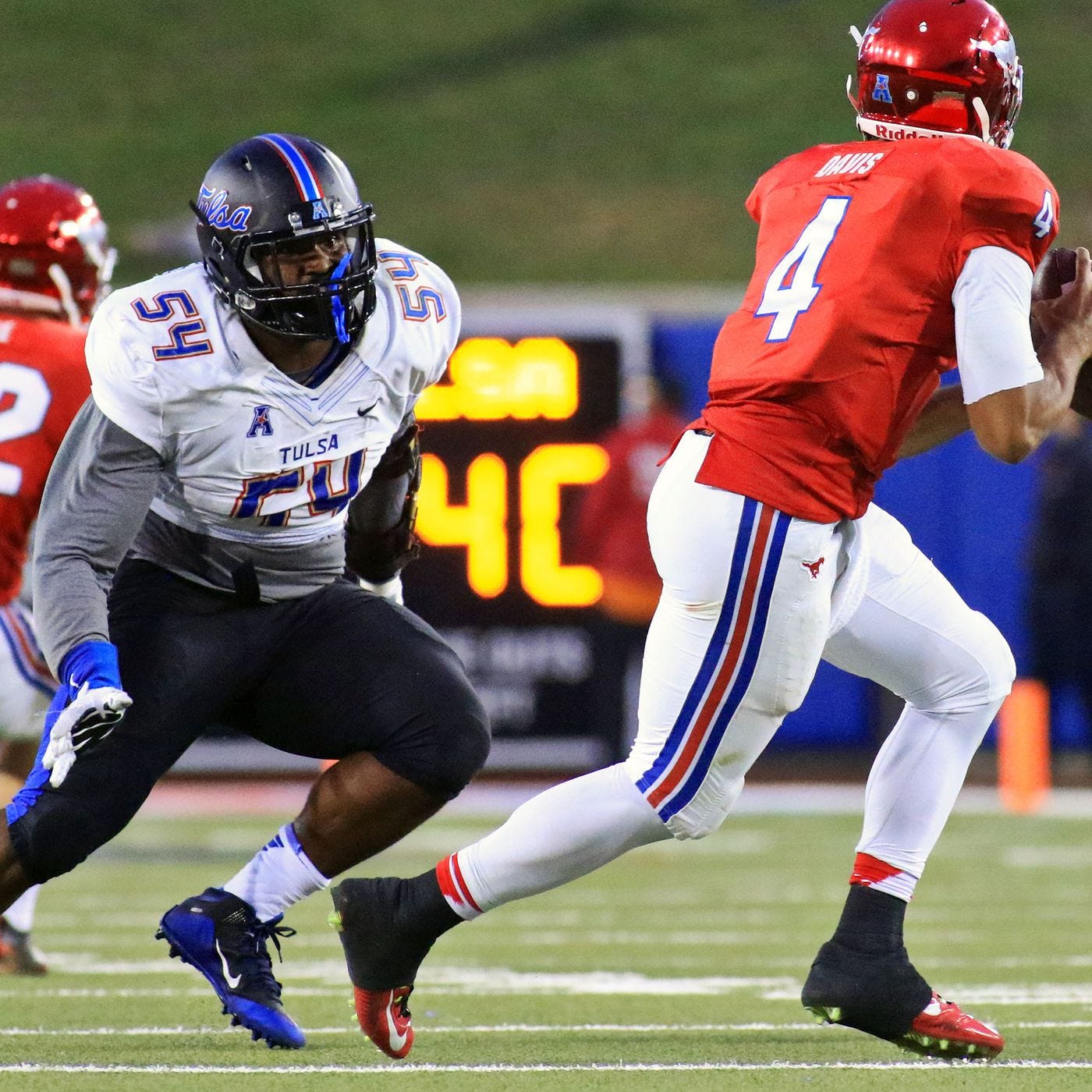
Planning for the Professional Athlete
The dream for an athlete on draft day is simple. The majority of them may come from humble beginnings, they worked hard, and now they are about to be a professional athletes. Most of them believe in the glory and opportunity that comes with signing a contract, one that will pay more money than they’ve ever thought of having. They run through a checklist in their mind of the things they’ll do once they get that first check:
1.) Buy mom a new house.
2.) Give back to the community. Maybe run a camp or buy books for schools.
3.) Get a new car, some new clothes, a piece for my significant other, travel on vacation and Live the movie lifestyle
So now the athlete has made it. They’ve punched the clock, day in and day out — worked overtime to get to where they are at. But, there’s more to it, and that list isn’t so simple. Maybe they’ve changed phone numbers (and probably more than once) since declaring for the draft. Maybe their uncle or aunt is the one who has the only college degree in their family is managing their public relations. Maybe the athlete feels that they can only trust their parents with the money, who are just as naïve. Oh, and that money by the way, Uncle Sam is expecting close to half of off-top. Have we thought of that? Maybe, maybe not. But most players come to that day with limited knowledge of how to deal with such rapid change in finances, let alone the taxes involved with them. Why should they? Such a windfall of income is equivalent to winning the lottery.
So what can we do to hedge against these common mistakes?
Plan. That’s the first action step.
Planning is an action. This action has to be made by the athlete and for the athlete. It has to address the issues specific to their employment. This is true for everyone who needs financial advising, but especially true for athletes. That’s because contracts are as fickle as they are thick, and the work can be there one day and gone the next. Your financial adviser has to understand your family’s personal financial history. They have to see that you and your family may have never seen this type of money. It is necessary to plan for the time it will take for you and your family to adjust to this new life. Once that adjustment is incorporated the adviser and the client have to plan for what the client’s vision is or is not. Sometimes walk through what it looks like to create one.
The adviser must provide insight to the athlete on their benefit structure available to him from his employment. For instance, the NFL is a workplace, one that has to provide benefits such as health insurance, disability, and even retirement funding. Some of these benefits you’ll receive for life. These benefits need to be incorporated into the plan. There needs to include an assessment of all predictable timelines. Most NFL athletes need to understand that their second contract is where the majority of their money is to be made. That means the player needs to plan to play well under their first contract, which can last as long as 2–5 years and hopefully stay heathy. This means that it is crucial that they plan to save. They need to get into the habit of saving and living below their means. Not only does this create a sustainable lifestyle for the athlete, one where his family enjoys their labor but also one that can transition easily post NFL career. Once that lifestyle is achieved, the adviser can then plan around that budget and educate/direct the capital to vehicles that are in the best interests of the client.
I had a chance to be a professional football player for a very short time(mini camp invites). But during that time I was exposed to a experience. We were all on a bus headed to the airport. I had got released. The conversation on the bus centered around the schools everyone had gone to and what subject everyone had earned their degrees in. As I listened to the various answers, I saw a few sinking faces when it was their turn to speak. Some of them said that they didn’t finish their degree, or, some said that their degree was in a program that was not of value. The kind of major that athletes are shoved into in order to pass classes and stay on the field. Many of them looked distraught, as if the question had made these athletes realize that they had put all of their eggs into this professional football basket. If this didn’t work out, they had failed to plan. Even if football did work out, they would have to plan again in the future for their inevitable career after football. Which causes a slippery slope when your dreams don’t come true. We’ve all had the “what happened to that guy” conversation of a rising star everyone knew would be successful. Well if you mix a failed dream with no plan… it can be tough mountain to climb.
Being a professional athlete is a life changing experience. How you prepare and plan for those changes will determine how well you adjust to them. The better you plan, the more validating the experience can be. The less you plan the harder it is to capture fruits of your labor. That’s what drives me now, making sure my clients never fail to plan to benefit from their hard work and to show life after football can be just as sweet.
The majority of wealth that an average player is going to make in their career will be made outside of the time they played. This is exactly why educating athletes is necessary. Pause on that checklist up top for a moment and take a minute to breath, to plan. Draw something out before acting. Planning is a step each professional athlete needs to take, so that the durability of the wealth they’ve accumulated outlasts the durability of life’s changes.

Sun Tzu wrote in the Art of War “If you know the enemy and know yourself, you need not fear the result of a hundred battles. If you know yourself and not the enemy, for every victory won you will also suffer a defeat. If you know neither the enemy nor yourself, you will succumb in every battle.”
In the battle for the professional athlete, the enemy is ignorance and our sharpest sword is planning.
Derrick Alexander Jr.
Financial Adviser

